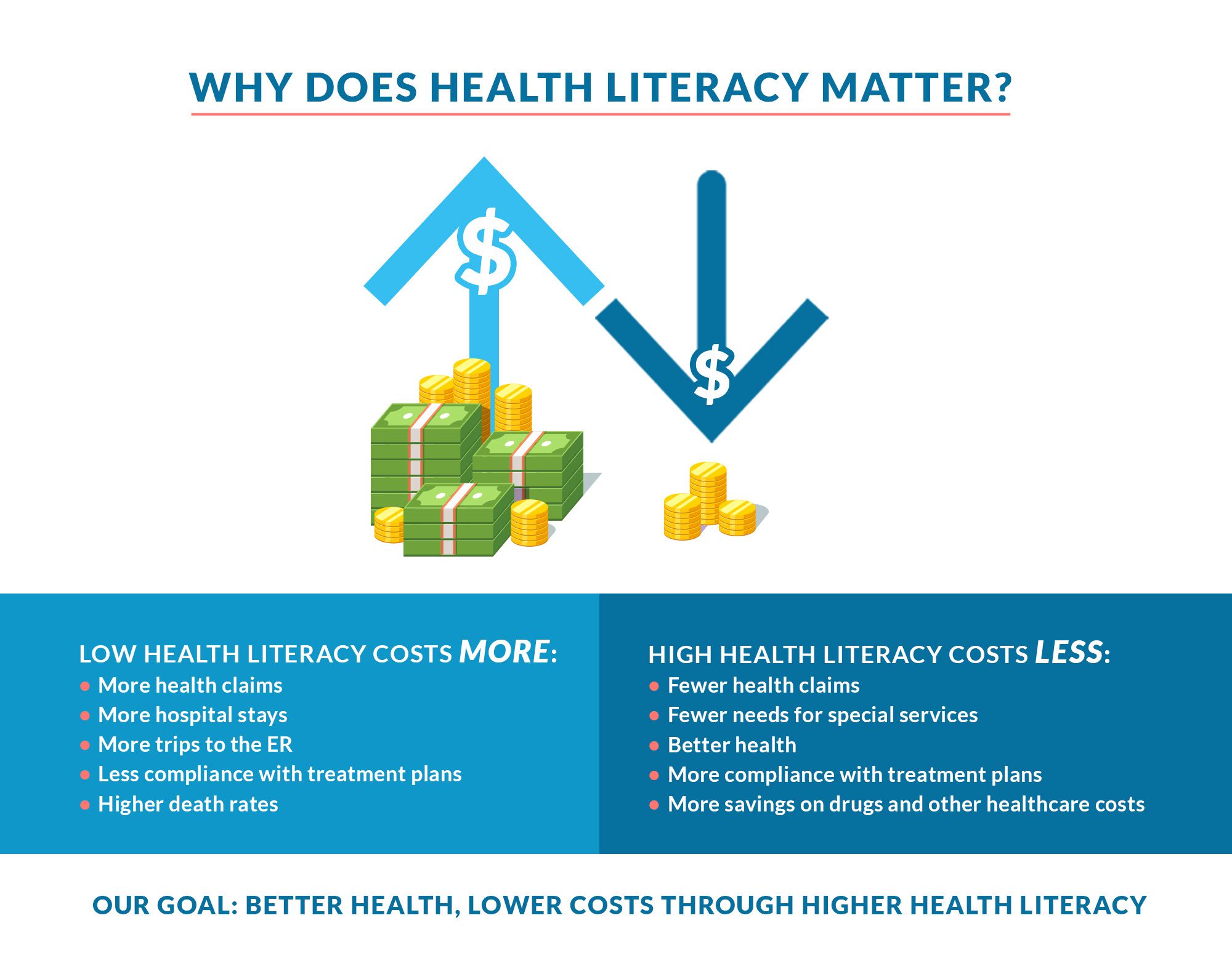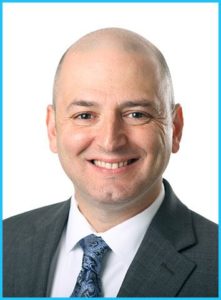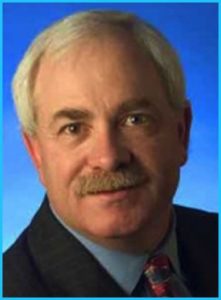EdLogics, Old Dominion University and Global Action Platform proudly announce Healthier Hampton Roads, a community-wide initiative.
The initiative is a partnership focused on transforming the way people learn about health and designed to increase health literacy, workforce productivity, and economic prosperity throughout Hampton Roads.
Governor Tommy Thompson, former U.S. Secretary of Health and Human Services, and former Governor of Wisconsin, and Chairman of EdLogics is helping make the call to action: “Healthier Hampton Roads will be a multi-stakeholder, integrated, community-based program that bridges the work site, home, and community,” he said. “It will connect all of Hampton Roads through an interactive digital health platform that provides a vehicle for increasing awareness, communication, education, engagement, and behavior change.”
“Improving health literacy is a key requirement for achieving behavior change, reducing healthcare costs, and improving health outcomes,” said Thomas M. Chamberlain, PharmD, founder and CEO of EdLogics. “Achieving behavior change at a community level requires people and organizations coming together through collaborative coalitions involving corporations, municipalities, non-profit organizations, health systems, universities, school systems, faith-based institutions, foundations, and philanthropists. Such collaboration is a key goal for Healthier Hampton Roads.”
“In today’s highly competitive global economy, health is a key economic driver,” said Scott T. Massey, PhD, chairman and CEO of Global Action Platform. “Healthy citizens are more productive, more creative, and provide a competitive advantage for any regional economy dedicated to growth and shared prosperity. Global Action Platform is working with EdLogics as a strategic partner to launch Healthier Hampton Roads and help build a new national model that can be created first here, replicated in our headquarters city of Nashville, and then shared nationally.”
More information is available in the official press release.








